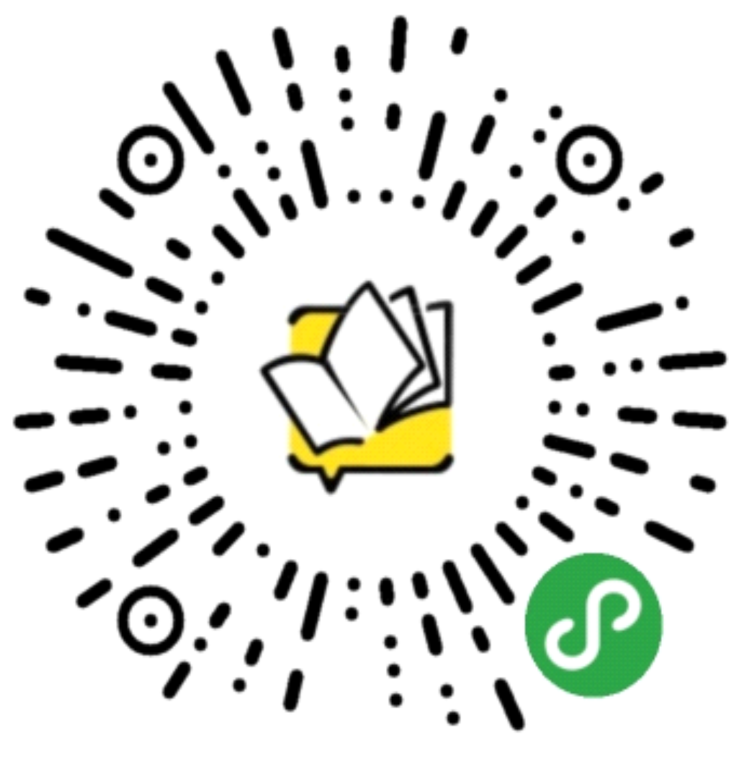Think of a language as a living thing. Like most living things, languages are always growing and changing. And today, in our highly connected world, these changes happen more and more quickly.
Every year, for example, the English Dictionary adds many new words or new meanings for common words to the English language. English has always been made up of words from many languages. Most English words come from Latin, Germanic languages and French. But in the last several hundred years, English has borrowed words and terms from other languages. These so-called “borrowed” words are not returned, of course. Instead, they remain part of a language for a very long time.
You can learn a lot about history and culture by looking at what led to the borrowing of certain words. It may surprise you that English has taken more than a dozen words from Japanese.
About 10 years ago, English speakers used the word “emoticons” for computer keyboard symbols that express emotion in electronic messages and on the Internet. That was before the invention of smiley face icons. Then, in the late 1990s, a Japanese computer programmer named Shigetaku Kurita changed everything when he invented “emoji”—images, icons and symbols that express meanings without words. In Japanese, the word “emoji” means "pictograph" and comes from the word “e” meaning "picture" and “moji”, meaning "letter" or "character." The similarity to the English word "emotion" is only by chance.
本时文内容由奇速英语国际教育研究院原创编写,未经书面授权,禁止复制和任何商业用途,版权所有,侵权必究!(投稿及合作联系:微信:13350077298 QQ:757722345)

